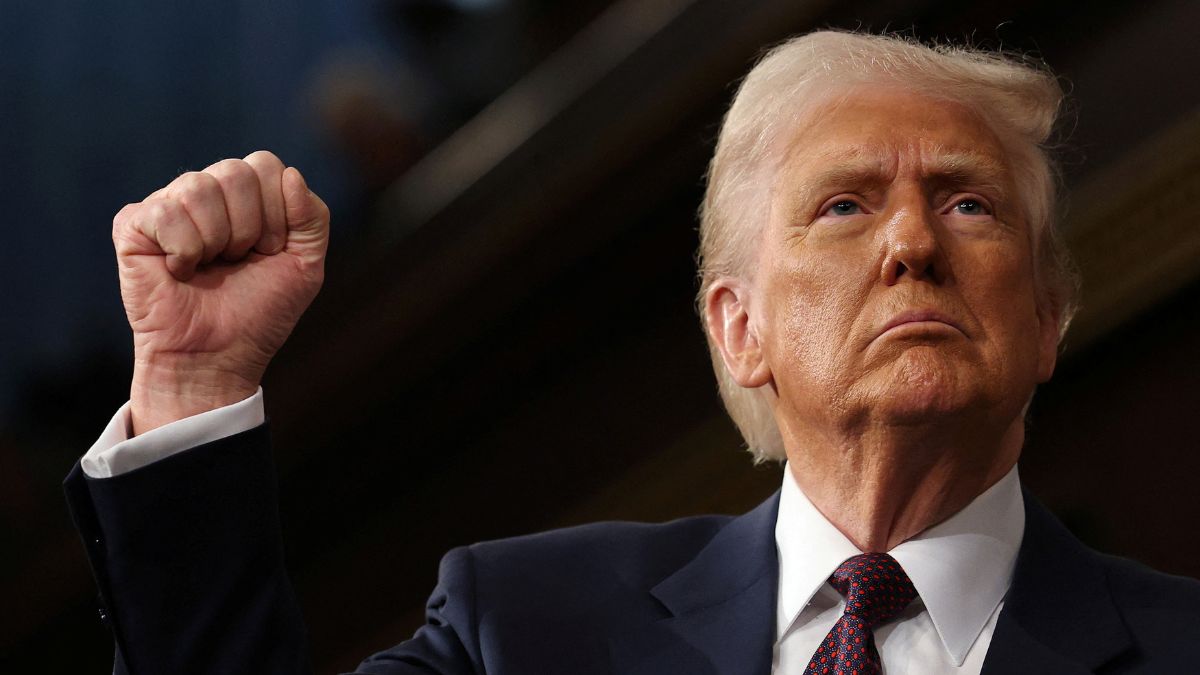US President Donald Trump gave automakers a temporary exemption from tariffs on Canada and Mexico on Wednesday, just hours after a telephonic conversation with Canadian Prime Minister Justin Trudeau.
The talks made little progress, and concerns grew over the impact on consumers.
White House Press Secretary Karoline Leavitt said that after discussions with the “Big Three” US automakers—Stellantis, Ford, and General Motors—Trump decided to “give a one-month exemption on any autos coming through USMCA,” referring to the North American free trade pact.
“They made the ask, and the president is happy to do it,” Leavitt told reporters.
The impact of the decision was also seen on Wall Street, with stocks of the three companies rallying after the announcement, each surging by about six percent or more.
The American Automotive Policy Council said it applauded Trump’s move.
But prospects of wider relief were dampened after Trump’s call with Trudeau.
After the talks, Trump posted on X, accusing Trudeau of using the dispute to “stay in power.” He also said their discussion ended in a “somewhat” friendly manner.
25 per cent tariffs on Canada, Mexico
Trump’s 25 per cent tariffs on US imports from Canada and Mexico—lower for Canadian energy—took effect on Tuesday. This shook global markets and strained ties with both countries.
In response, Ottawa quickly announced counter-tariffs, while Mexican President Claudia Sheinbaum plans to reveal her response at a mass rally on Sunday.
Trump justified the tariffs by citing illegal immigration and fentanyl trafficking but often criticises trade imbalances when discussing them.
Impact Shorts
More ShortsImpact on consumers, inflation
Trump’s tariffs on Canada, Mexico, and China could lead to higher prices in the US for items like avocados, strawberries, electronics, and gasoline, increasing household inflation.
In 2023, over 72 per cent of agricultural imports from Mexico were fresh fruits, vegetables, beer, and other alcohol, according to government data.
Trump said on Tuesday that the tariffs would cause only “a little disturbance” to the US economy.
France’s President Emmanuel Macron called planned US tariffs on European products “incomprehensible” and emphasised that he hoped to “dissuade” Trump from imposing them.
On blink of a trade war
Earlier this week, Trump signed an order that doubled extra tariffs on Chinese imports from 10 per cent to 20 per cent, citing China’s alleged role in illegal fentanyl entering the US. In response, Beijing announced 10 per cent and 15 per cent tariffs on various US agricultural imports.
Economists warn that tariff hikes could slow economic growth and add to US inflation.
With inputs from agencies.
)